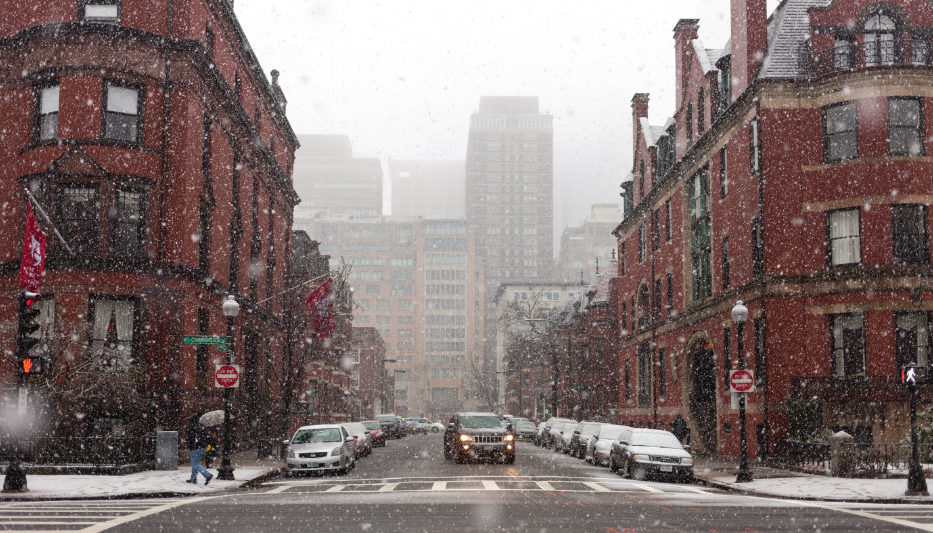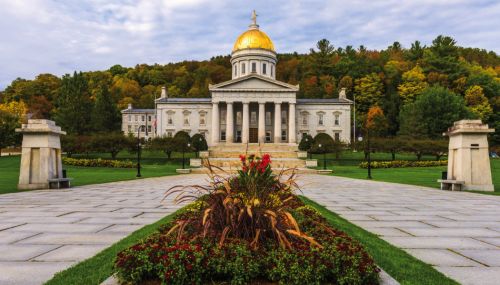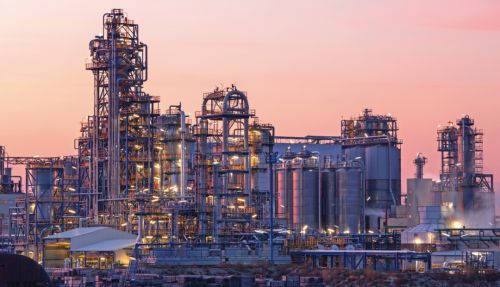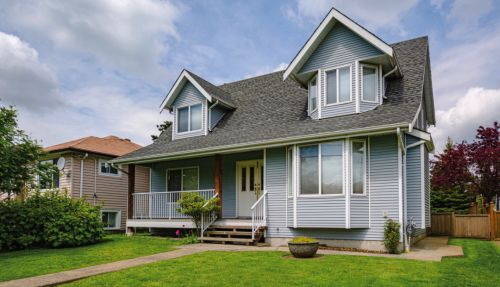All
Boston Seeks to Ban Fossil Fuels in New Buildings
by Ed and Kelly Burke, Dennis K. Burke Inc.

10 other Massachusetts communities will do so under a pilot project
In August, Boston Mayor Michelle Wu announced she intends to file legislation to give the city a local option to set building standards that eliminate the use of fossil fuels in new developments and major renovations.
The mayor said the state’s largest city will take advantage of a key provision in the climate change bill that Governor Charlie Baker recently signed into law.
That legislation is aimed at bringing the state closer to net-zero greenhouse gas emissions by 2050. It calls for a pilot program allowing 10 Massachusetts cities and towns to require new building projects be all-electric, with the exception of health care facilities and life sciences labs.
Wu said the city will file a home rule petition with the state legislature to join the pilot project. “Boston must lead by taking every possible step for climate action,” said the mayor.
It is unclear whether Boston’s petition will be approved by the state. The bill Baker signed gives priority to the first 10 communities to file home rule petitions, and 10 have already taken that step: Acton, Aquinnah, Arlington, Brookline, Cambridge, Concord, Lexington, Lincoln, Newton and West Tisbury.
An Industry Viewpoint
“Mayor Wu’s efforts to make Boston fossil-fuel free are the result of a new climate change law that Governor Baker signed in early August that allows for a demonstration project in 10 cities or towns to ban fossil fuel use in new construction and building rehabs,” said Michael Ferrante, president of the Massachusetts Energy Marketers Association.
“Our association worked for many months with lawmakers on Beacon Hill and Baker to oppose this effort, and we rallied the industry statewide to assist us, and even though Baker shared our concerns about the impact this project would have on housing costs and electricity rates, he ultimately gave the proposal his blessing,” Ferrante said.
He added, “The move to electrify homes statewide is a significant threat to the industry, but retailers can and should unite to thwart this effort by accelerating the use of renewable biodiesel blends in heating oil and promoting this carbon-reducing fuel with their customers.”
The Climate Change Bill
One of the more controversial aspects of the Massachusetts bill is the provision — the first of its kind for the state — allowing 10 municipalities to legally ban fossil fuel infrastructure in new construction and major renovation projects.
With this policy, certain cities and towns could take steps to change local building codes to block the use of fossil fuels, such as natural gas.
The governor said repeatedly that he had concerns about how this would affect housing prices and availability, and that his amended version of the bill included a lot of changes in this provision.
Baker said the 10-community experiment troubled him. “I’ve expressed deep concerns about what I view as the exclusionary zoning provisions with those 10 towns,” he said.
Although Baker largely left the legislation intact after state lawmakers first sent the bill to his desk in July, he responded with a 19-page document outlining preferred amendments. An amended version of the bill that included some of Baker’s suggestions was sent back for him to sign. Unfortunately, it still contained the provision to allow 10 municipalities to ban fossil fuel hookups. “That part of the bill gives me agita,” Baker said during a news conference.
Governor Baker said he had difficulty reaching a decision on whether or not to sign the climate change bill. He said one of the big decisions that had to be made was whether concerns with the provision outweighed the rest of the good that the bill does. In the end, he decided they did not.
The Pilot Projects
Under the provisions of the state’s climate bill, the pilot project will be administered by the Massachusetts Department of Energy Resources. It allows cities and towns to develop local ordinances that restrict or prohibit new building construction or major renovation projects that use fossil fuels, including through the withholding or conditioning of building permits.
The fossil fuels ban won’t apply to health care facilities and science labs. Only cities and towns that meet the state’s 10% affordable housing target can qualify. They will have 18 months to meet the requirement, and if that doesn’t happen, they lose their spot. It’s unclear whether all 10 communities that have filed so far will be able to do so.
Additionally, participating municipalities must collect and report detailed data about emission reductions, construction costs and utility bills.
Boston would join New York City and Washington D.C., as major cities moving to ban fossil fuel hookups in new buildings.
Ed and Kelly Burke are respectively Chairman of the Board and Senior Marketing Manager at fuel distributor Dennis K. Burke Inc. They can be reached at 617-884-7800 or ed.burke@burkeoil.com and kelly.burke@burkeoil.com.
Related Posts
 From Retailer to Representative: Chris Keyser’s Road to the Vermont State House
From Retailer to Representative: Chris Keyser’s Road to the Vermont State House
Posted on June 16, 2025
 Northeast Working Group for Industry Principles Gets to Work
Northeast Working Group for Industry Principles Gets to Work
Posted on May 8, 2025
 Trump Policies and Energy Markets
Trump Policies and Energy Markets
Posted on April 28, 2025
 NEFI Introduces the National Home Comfort PAC
NEFI Introduces the National Home Comfort PAC
Posted on April 28, 2025
Enter your email to receive important news and article updates.
